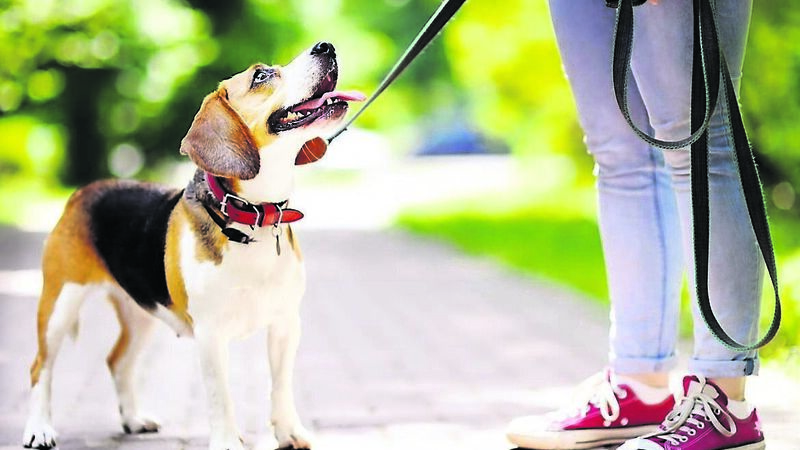Owning a dog: What you need to know...

You must have a dog licence and get your dog microchipped
- Does everyone in the house agree to getting a dog?
- Can I afford to feed and care for a dog?
- Will I have time to feed, care for and exercise my dog each day?
- What type of dog should I get, for example, which breed would best to suit my lifestyle and home?
- Who will look after my dog when I’m away from home?
- Will my landlord let me have a dog
- An individual dog licence, which costs €20 and is valid for 1 dog for 1 year
- A ‘lifetime of dog’ licence, which costs €140 and is valid for your dog’s lifetime
- A general dog licence, which costs €400 and is valid for 1 year. This covers multiple dogs at one location.
Request the name and address of anyone suspected of an offence under the Control of Dogs Act; seize and detain any dog; enter any premises to seize and detain a dog, apart from your home







 App?
App?




